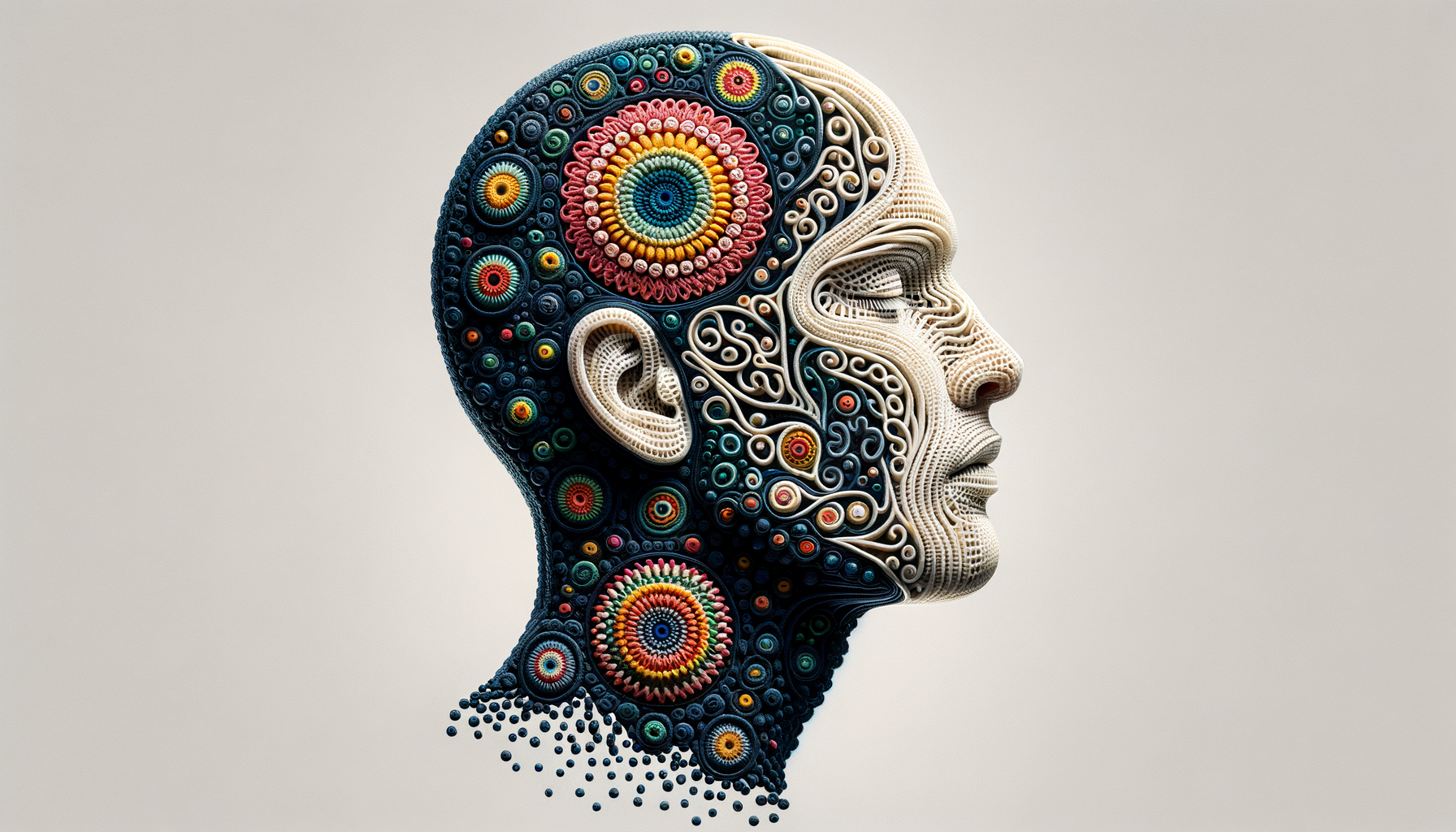In the warmth of an early Savannah evening, with the light filtering through lace curtains and the subtle hum of cicadas outside, I sat at my grandmother’s antique rolltop desk and wrote my very first story. I was nine years old, armed with a fountain pen I didn’t know how to refill and stationery etched with lavender blossoms. The tale was about a lost cat who found himself in a spooky, grand old manor—a mashup of my childhood fears and the ghost stories my dad would whisper during family dinners. That story was terrible, by the way. Truly awful. But I still remember the feeling that ran through me while I wrote it, this incredible pull of discovery. It wasn’t just the cat’s journey I was telling; it was mine, too.
Since that night, I’ve never stopped writing. Why? Maybe because somewhere deep within me, I realized that storytelling isn’t just something I do—it’s who I am.
The Soul of a Story
To me, stories feel alive. They’re like breathing entities waiting to be born. They flutter at the edges of my mind like shadows under a thick, moonlit canopy of Spanish moss, begging to be coaxed into words. I write because every story is a chance to make sense of the chaos, to take the tangled threads of life and weave them into something coherent, meaningful—even beautiful.
And if I’m being honest, writing is my secret weapon for survival. Life throws some truly wild curveballs, doesn’t it? Like when you’re ghosted after six weeks of dating someone who swore they “loved your depth,” or you start a job you thought would be fulfilling, only to find out the office breakroom has age-old vending machine coffee and fluorescent lighting so harsh you could film interrogations there. Writing helps me reframe these moments. If life is going to be messy, then I’m going to write my way through it, searching for the little nuggets of truth that make it all worthwhile.
It’s the same way I imagine love operates. A relationship, like a story, isn’t flawless. It’s about editing, revising, and finding those moments that hold everything together—whether it’s a shared laugh in a grocery store aisle or small handwritten notes slipped under coffee mugs.
Where Writing Meets Life
One of the most compelling things about writing is that it mirrors life in its unpredictability. People think romance is easy to write, like spilling a pot of melted chocolate on paper and calling it a day. But here’s the truth: good romance—on the page or in real life—is about texture. It’s not just moonlit strolls or sweeping declarations. It’s the nervous first “we need to talk” conversation. It’s the awkward silence after a fight that still aches with love. It’s how, even when you’re annoyed, you pick up your partner’s favorite cereal from the store because you spotted it on sale. That’s where the power of a story lies—those tiny details that feel so real they’re almost universal.
As someone hopelessly entwined with the Southern Gothic tradition, I lean into stories about duality—the light and the dark, the beauty in the imperfection. This perspective carries through every aspect of my life, including relationships. Like the antebellum homes I used to give tours for, the most captivating romance isn’t shiny and new; it’s the one that’s weathered, lived in, and still standing strong, even when the plaster starts to crack. That’s when you know it’s built to last.
It’s also worth saying: relationships are full of plot twists. Nobody hands you a roadmap. Writing, much like love, is a process of figuring it all out as you go. It teaches you to embrace uncertainty, to show up when things are messy and complicated, and to find beauty in what unfolds.
Lessons from the Page (That Work IRL)
So, how has writing shaped the way I navigate my relationships (romantic or otherwise)? Here are a few truths the blank page has taught me—ones I think you might find useful too:
-
Characters Need Agency
Good storytelling doesn’t coddle its characters—it challenges them. Similarly, a strong relationship pushes both partners to grow. It’s tempting to play the role of the perfect protagonist, but your flaws, dreams, and quirks make you unforgettable. Don’t mold yourself into the script someone else is writing. Co-author the connection. -
Conflict Drives the Plot
Every worthwhile plot has some tension, and the same applies to relationships. Disagreements—when handled with kindness—are opportunities to learn. My first real relationship fell apart because we avoided conflict like it was poison ivy. Turns out, gently arguing over which way the toilet paper roll should face is how you build trust (for the record, it should face over, not under). -
Revise, Don’t Rewrite
I can’t tell you how many times I’ve reworked a paragraph, only to realize it was already doing what it was supposed to. In both writing and relationships, resist the urge to overanalyze. Sometimes, we don’t need perfection—we just need honesty. -
Every Ending Is a Beginning
Writing has taught me that endings, though bittersweet, are gifts. A breakup might feel like a door slamming shut, but it’s also the moment the window creaks open to let in fresh air. If you’ve ever closed a chapter on a relationship that didn’t serve you, it’s not failure; it’s the start of your next great adventure.
Writing as Romance
If my relationship with writing were a person, they’d be that intoxicating mix of unattainable and loyal—the kind you dream about but never quite pin down. Writing doesn’t always love me back. Sometimes it ghosts me, leaving me staring at blank screens for hours with nothing to show but cold coffee and frustration. Sometimes, it feels like it’s judging me for not being better, for not knowing how to say exactly what I mean. And yet, I keep showing up.
Much like love, writing is an act of faith. Faith that your words—once unloved and unpolished—will eventually mean something. Writing, like love, is about staying open, even when it’s vulnerable and messy and you’re tempted to pull away. It’s the belief that if you do the work, it’s all worth it.
Keep Writing—Whatever That Means for You
Writing, for me, isn’t confined to books, articles, or essays. Writing is the way I leave my mark on every part of life. It’s in the birthday letters I write to my closest friends, even when they tease me about my tendency to wax poetic. It’s in the spicy text messages I craft after a second date that went well (but not too spicy—I like to keep things Southernly tasteful). It’s in the journals I keep, chronicling tiny moments with the same care as a historical archivist dusting off a rare book.
Maybe for you, writing is something different. Maybe it looks like late-night voice memos, or the Instagram captions you agonize over because you care about finding just the right sentiment. Whatever it is, lean into it. Crafting a story—whether it’s your own or someone else’s—is endlessly rewarding.
Because here’s the thing: life is too dynamic not to document. Our joys, heartbreaks, and triumphs deserve to be preserved, rewritten, reframed. It’s not about being perfect; it’s about being present. Writing has taught me to look carefully at the world and to capture its every shade and nuance—something that makes the mundane feel magical, whether I’m chronicling a roadtrip playlist or writing my way through a broken heart. And for that, I’ll keep showing up to the blank page every single time. Will you?




















